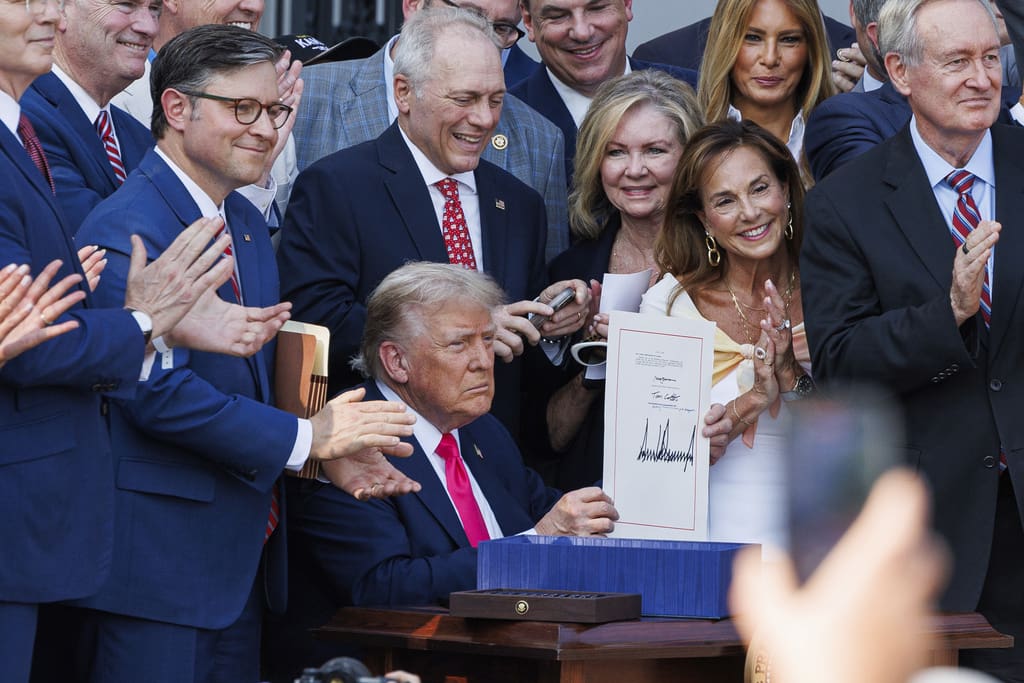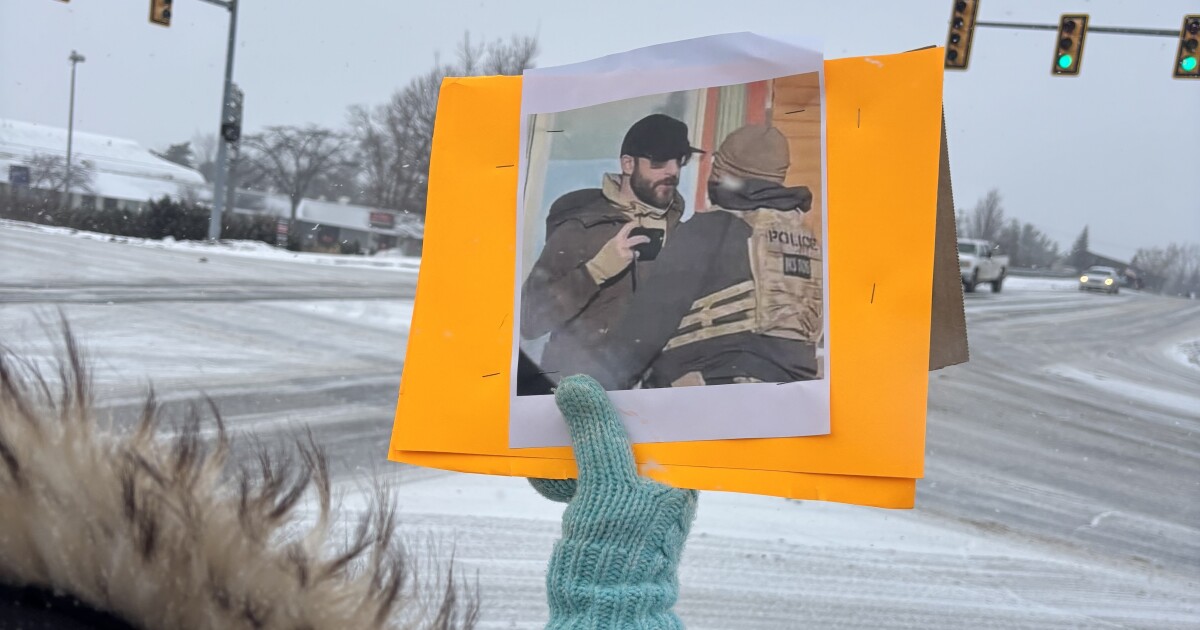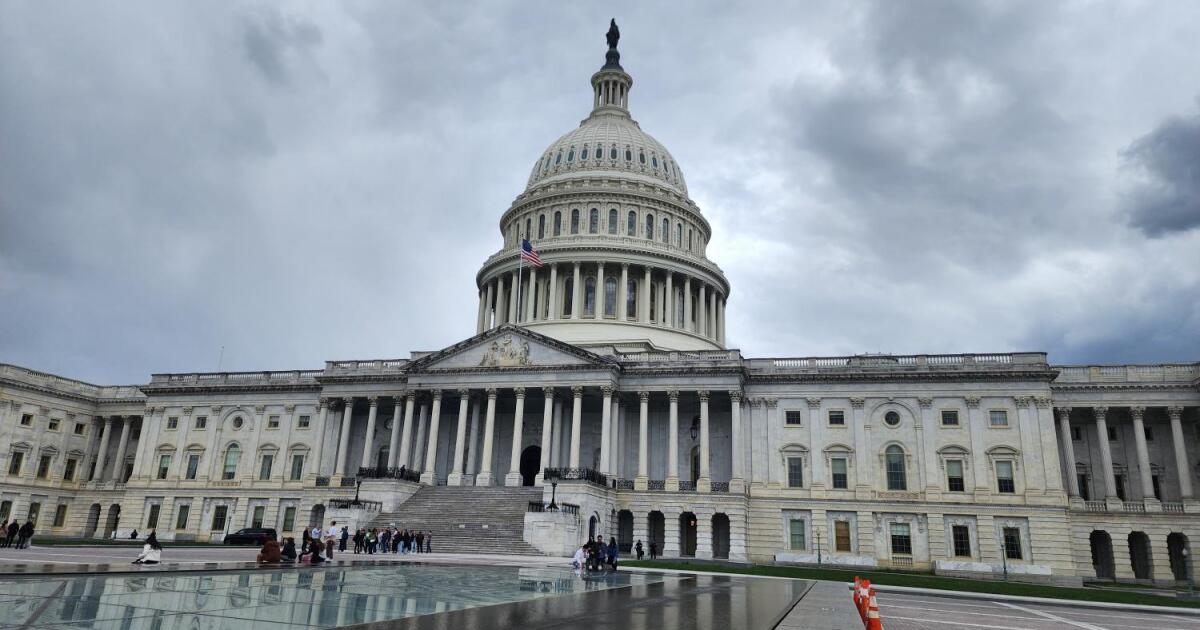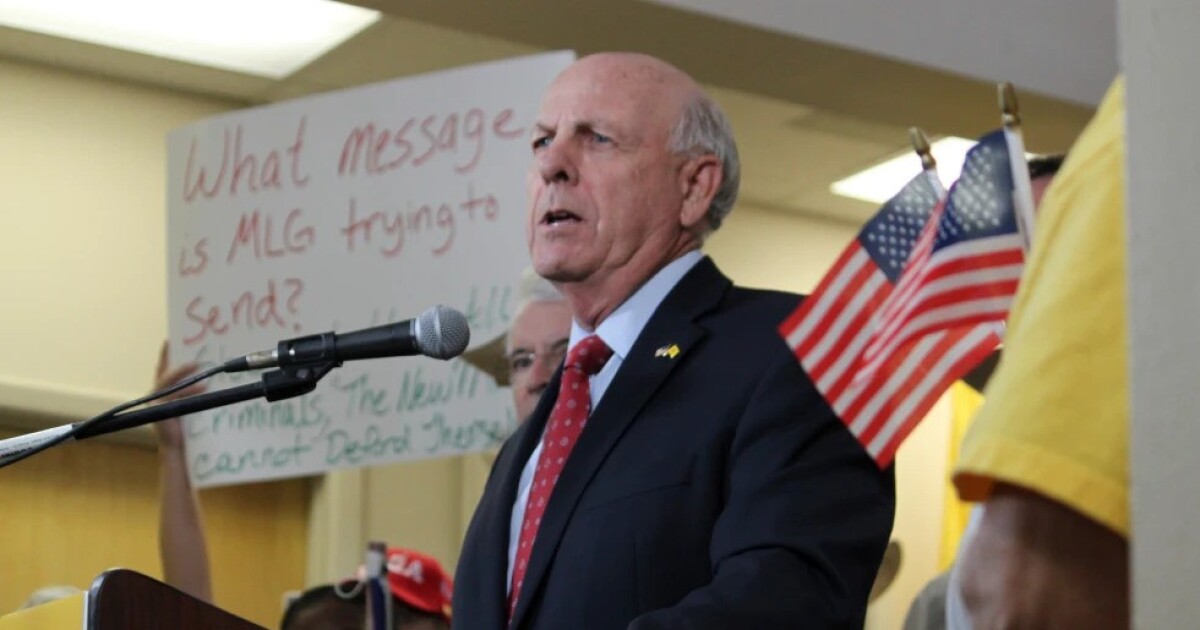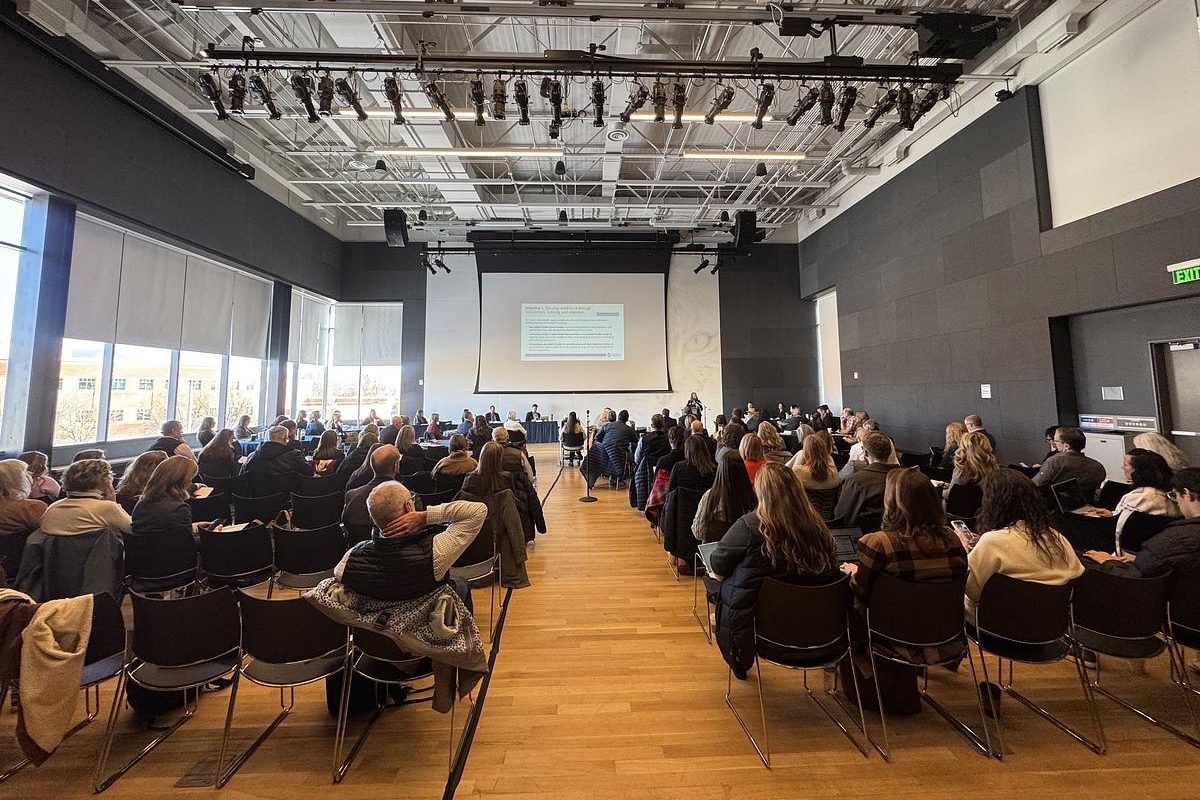Local Newspapers Criticize Republican-Backed Legislation
Across the nation, editorial boards are voicing strong opposition to the One Big Beautiful Bill Act and the Republican leaders instrumental in its passage.
Signed by President Donald Trump on July 4, the legislation introduces significant reductions to Medicaid and SNAP, redirecting funds to offer tax breaks to affluent Americans. Additionally, it decreases clean energy tax credits previously established by the Biden administration and enhances ICE funding for mass deportations. The bill is projected to increase the national debt by $3.9 trillion.
The Virginian-Pilot editorial board highlighted the potential loss of healthcare for 323,000 Virginians, the reduction of food assistance for 204,000 individuals, and the elimination of 20,000 clean energy jobs. The board criticized Reps. Jen Kiggans and Bill Willman for supporting the bill.
“Kiggans and Wittman promised to protect Hampton Roads residents and jobs, and to fight for fiscal responsibility, only to fold when the moment demanded courage,” stated the paper, which serves several cities in southeastern Virginia.
This backlash from local media could weaken the GOP’s efforts to maintain their slim House majority in the upcoming elections.
Similarly, NorthJersey.com editorial board criticized Reps. Tom Kean Jr. and Jeff Van Drew, noting their praise for the Trump package while sidestepping its impact on New Jersey healthcare.
“Each issued a statement hailing the Trump package’s passage — and each deflected from acknowledging its impacts on health care coverage for New Jersey residents,” the editorial stated, appearing in North Jersey Media Group’s daily newspapers.
Other publications have pointed out contradictions among GOP lawmakers who initially promised to preserve Medicaid.
The Scranton Times-Tribune reported that Rep. Rob Bresnahan assured constituents of safeguarding Medicaid benefits, yet later justified the bill as a measure against program fraud, a claim met with skepticism.
“We find his arguments that the bill won’t negatively affect some — if not all — of the more than 200,000 8th District residents currently receiving Medicaid — a quarter of the district’s residents according to numbers provided by Bresnahan himself — defy common sense,” remarked the paper.
The Fresno Bee echoed similar concerns regarding Rep. David Valadao’s stance.
“Since January, the representative for the 22nd Congressional District has publicly stated he would not support any effort to reduce federal spending on Medicaid, of which 68% of district residents rely on for their healthcare,” the Bee commented, questioning Valadao’s sudden shift following a White House visit.
Political analyst Dan Walters from CalMatters suggested that California Reps. Valadao, Young Kim, and Ken Calvert might have jeopardized their party’s future by endorsing the bill.
“Republicans have a paper-thin House majority … and Valadao, Kim and Calvert barely survived past challenges,” Walters observed. “What happens in the three targeted districts next year could easily determine which party will prevail, with potentially major consequences for the final two years of Trump’s presidency.”
Despite these critiques, Democrats face their own hurdles. Many of the law’s most severe cuts will be delayed until post-2026 midterms, a strategy AZCentral columnist E.J. Montini believes is designed to protect Arizona Reps. David Schweikert, Eli Crane, and Juan Ciscomani in upcoming elections.
“The billionaires will get their tax breaks right away, but the big pain to states like Arizona won’t happen until after November 2026,” Montini noted.
In Wisconsin, Rep. Derrick Van Orden attempted to mitigate potential electoral damage by attributing new funding for rural hospitals to his efforts, a claim debunked by Wisconsin Examiner’s editor-in-chief, Ruth Conniff.
“Contrary to Van Orden’s triumphant tweets, he did not ‘secure’ $1 billion for rural health care in Wisconsin,” Conniff wrote, highlighting the discrepancy between his claims and his legislative actions.
A KFF poll conducted on June 17 indicates that nearly 64% of American voters hold an unfavorable view of the One Big Beautiful Bill Act, a sentiment likely to intensify with continued negative coverage.
—
Read More Kitchen Table News

